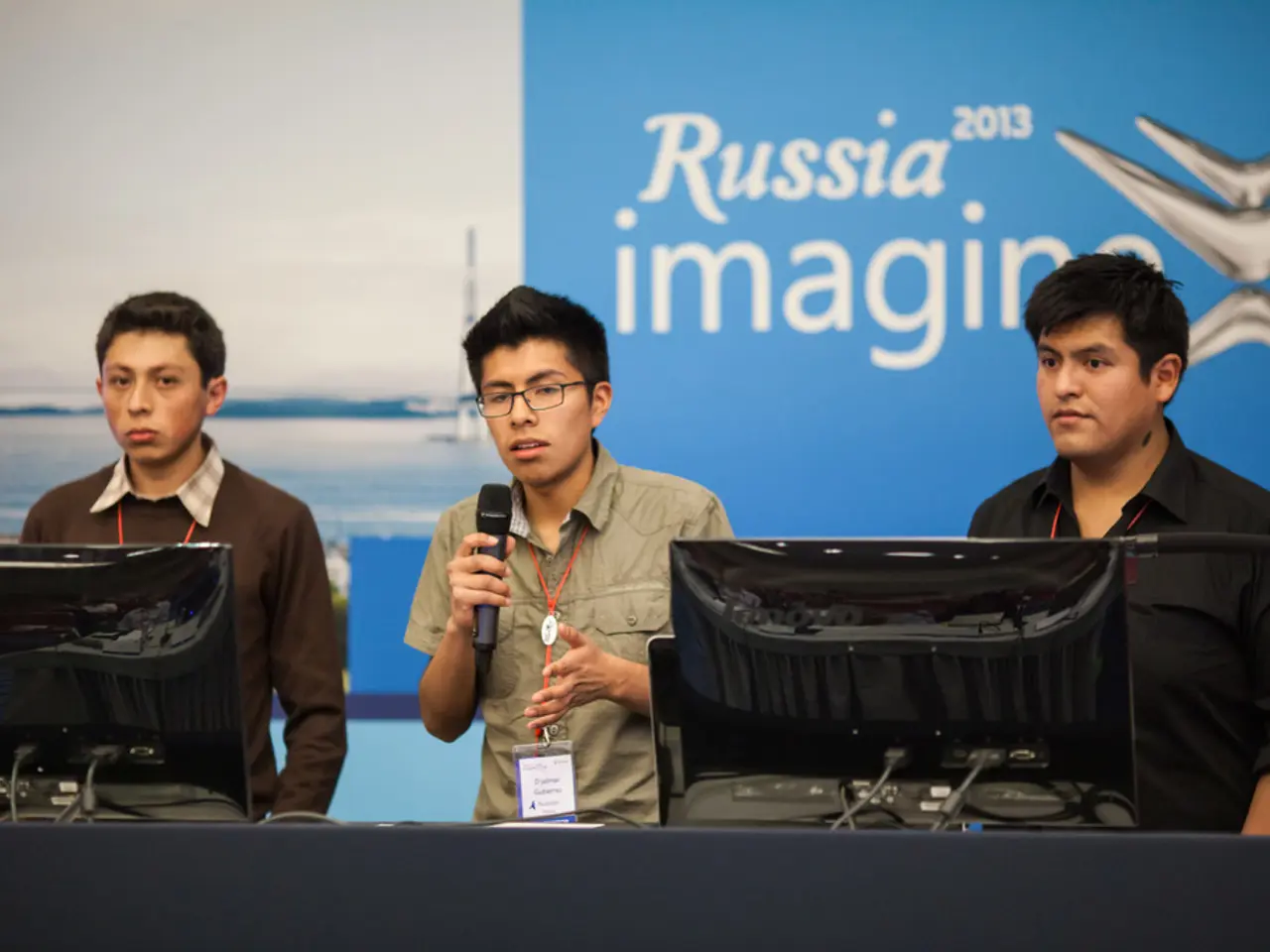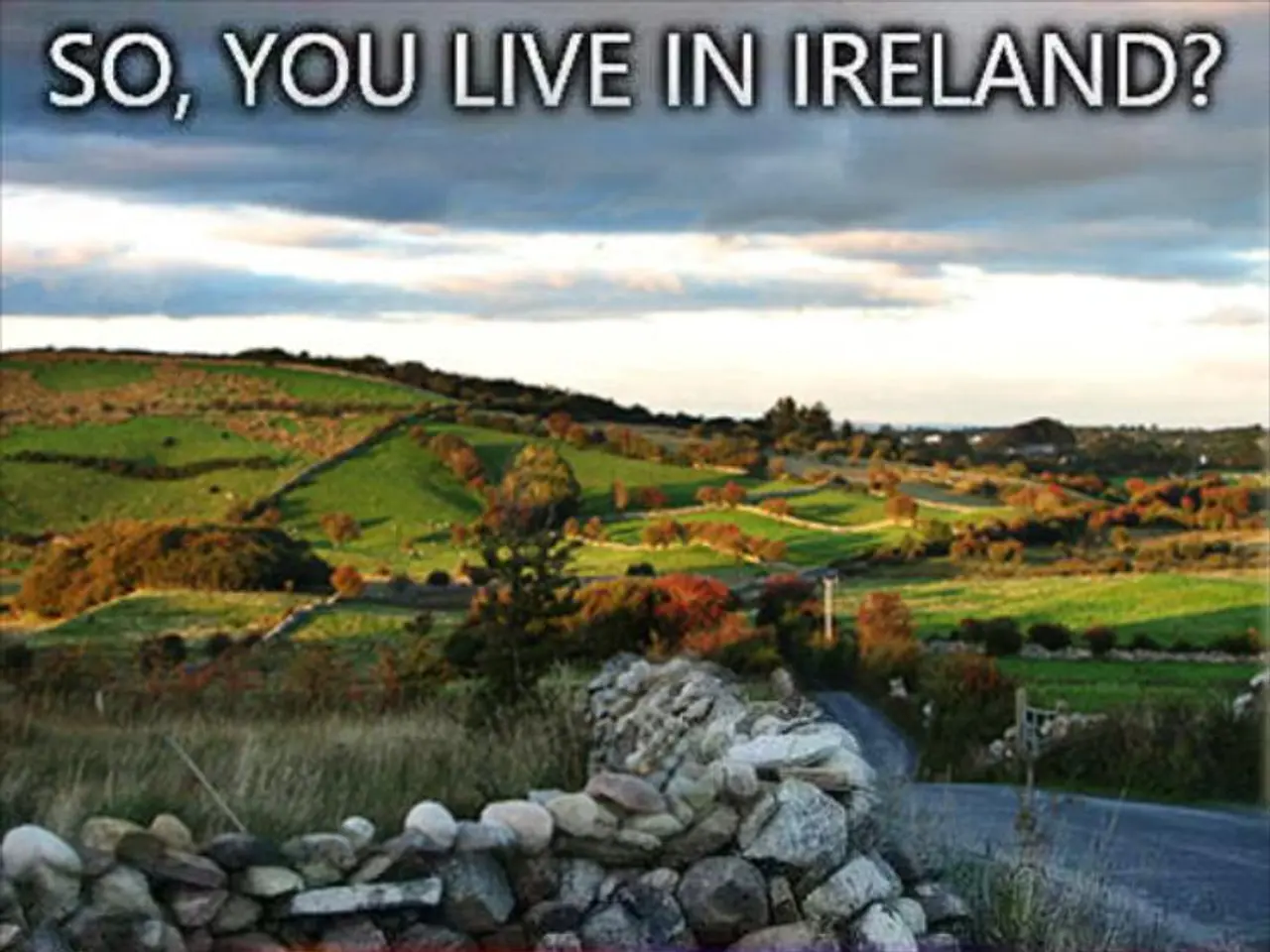Media's Impact on Crafting Political Discourse
In today's interconnected world, media plays a pivotal role in shaping political narratives, influencing public opinion, and driving political discourse. This influence is multifaceted, encompassing traditional media like newspapers, television, and radio, as well as the more recent phenomenon of social media.
Traditional media, such as newspapers and broadcast channels, have long been instrumental in framing political debates and informing voters. They can enhance political accountability by making elected officials more visible and responsive to their constituencies. However, their coverage can also amplify particular narratives consistent with their editorial positions, which can both inform and distort public perception. Political actors often use media strategically through 'spin' to control or influence messaging, shaping the political narrative and sometimes fostering public cynicism about politics.
Social media platforms, on the other hand, have revolutionised the way information is disseminated and consumed. They extend the reach and speed of political messaging and narrative formation beyond geographical and traditional boundaries. This digital environment allows disparate individuals and groups to shape and contest political narratives, often facilitating rapid mobilisation, activism, or propaganda campaigns. The global amplification of content means local political realities can be reshaped or simplified as it spreads transnationally, influenced by diaspora and foreign actors.
However, this digital environment also enables digital manipulation tactics like profiling and tailored disinformation, impacting legitimacy and cohesion, especially in fragile states. On the positive side, social media can activate latent political attitudes, turning passive opinions into political action by showing individuals what others think and encouraging collective behavior.
Media literacy is crucial in this media landscape to empower citizens to critically evaluate information sources and resist misinformation, manipulation, and propaganda. As governments face challenges from digital narrative warfare and algorithmic influence, preparing populations through transparency and digital awareness becomes essential to maintain social cohesion and democratic integrity.
Media outlets bear significant responsibilities in maintaining accurate and ethical reporting. They must strive for transparency and impartiality, avoiding selective amplification that distorts public understanding and political legitimacy. Ethical reporting demands resisting the temptation to engage in political spin that misleads the public or undermines trust in democratic institutions. Moreover, in authoritarian or restricted media environments, independent journalism plays a vital role in exposing corruption and holding power accountable, though such reporting often faces severe pressures.
The future of media in shaping political narratives will undoubtedly change due to technological advancements. The rise of deepfake technology and AI-generated content poses new challenges in determining the authenticity of information. The increasing fragmentation of media consumption poses a threat to the creation of a shared reality. Bridging the divide and fostering constructive dialogue is crucial in shaping political narratives that reflect diverse perspectives.
In essence, media shape political narratives by defining which voices are heard, how information is framed, and how citizens engage politically. Their ethical and accurate performance is critical to healthy democracies and informed public discourse in both traditional and digital environments.
- Policy-and-legislation should consider implementing measures to combat digital manipulation tactics on social media platforms, as they can impact legitimacy and cohesion, particularly in fragile states.
- General-news outlets should strive for transparency and impartiality in their reporting, resisting selective amplification that distorts public understanding and political legitimacy, especially given the rise of deepfake technology and AI-generated content.








